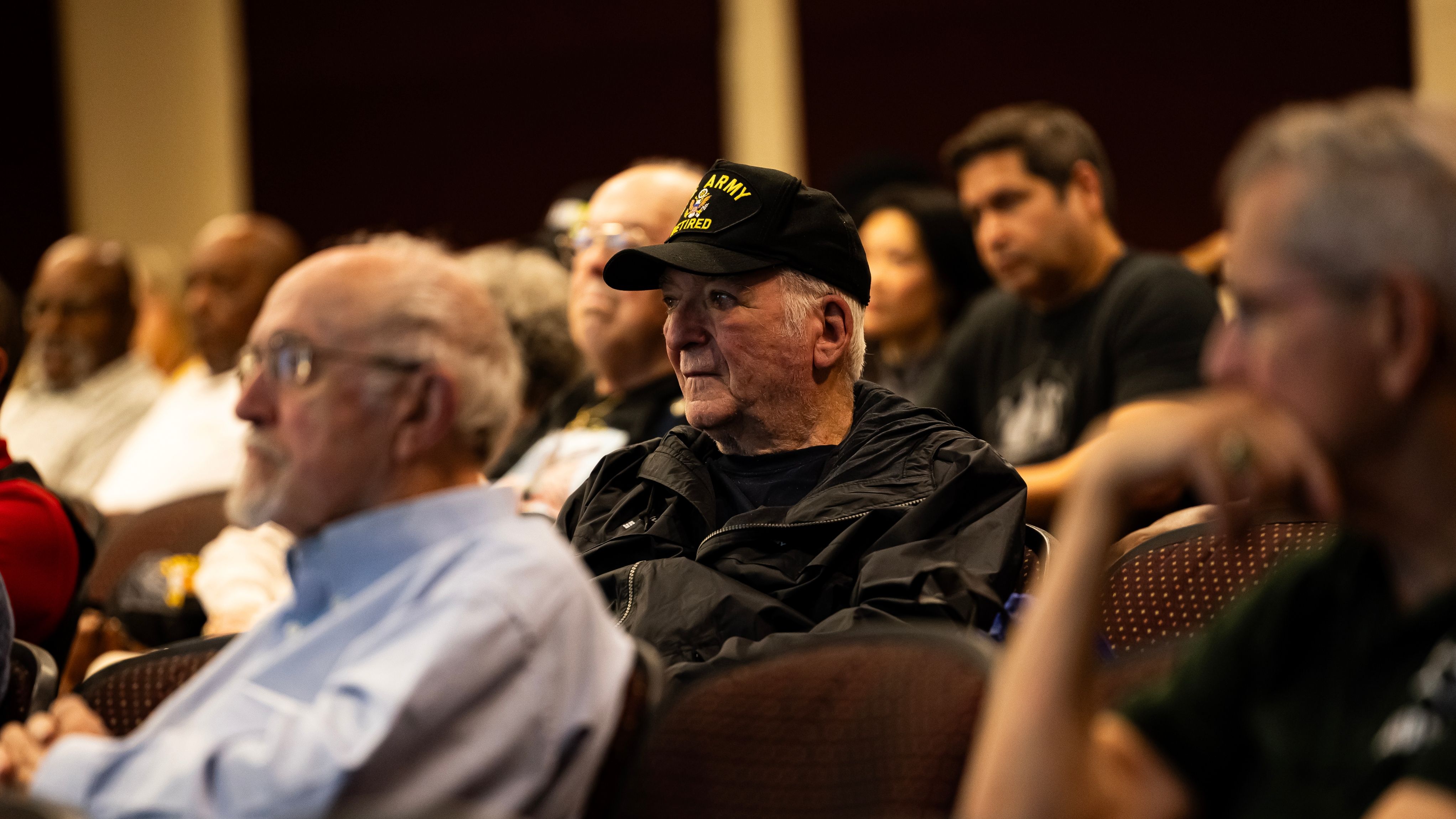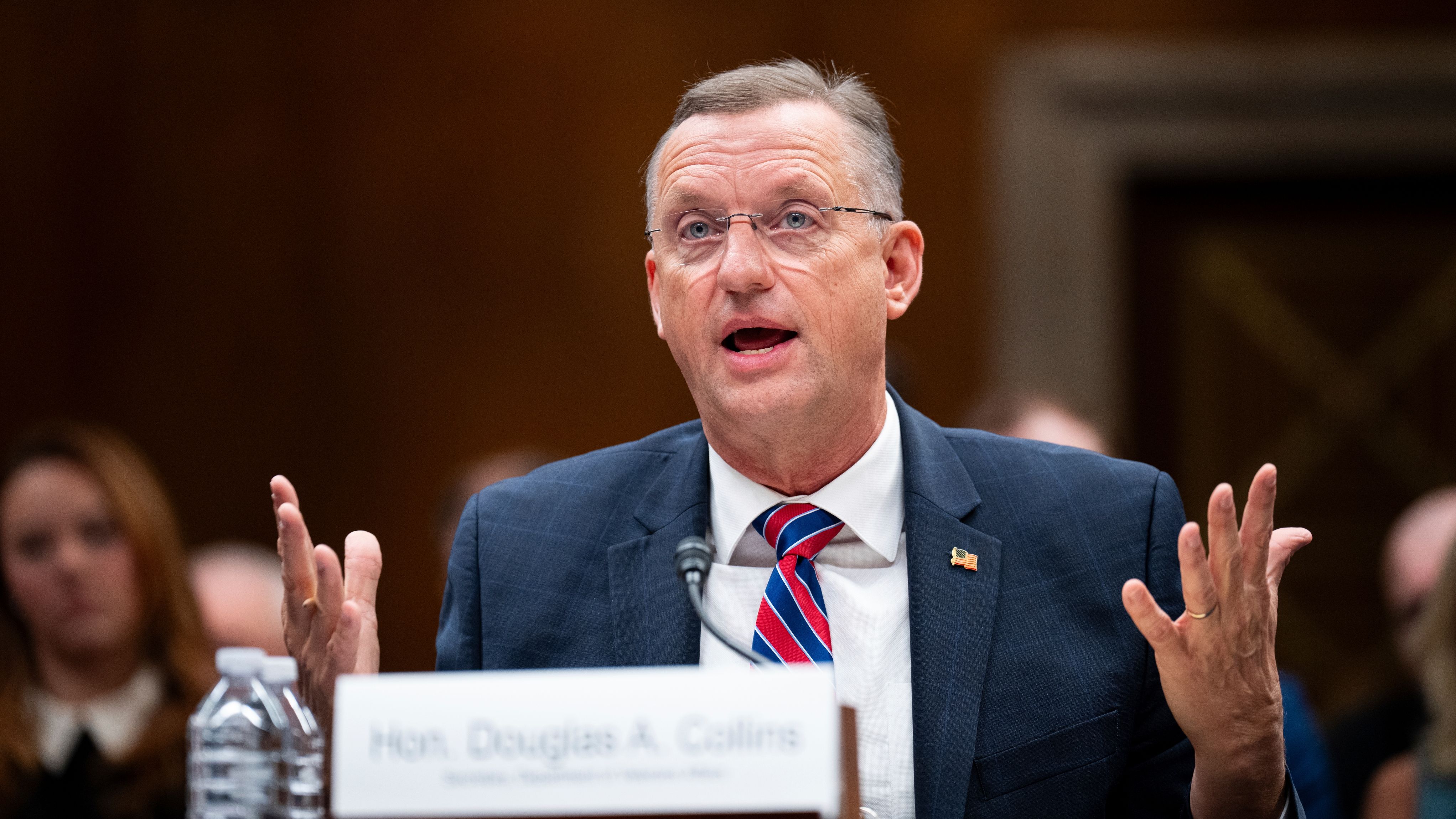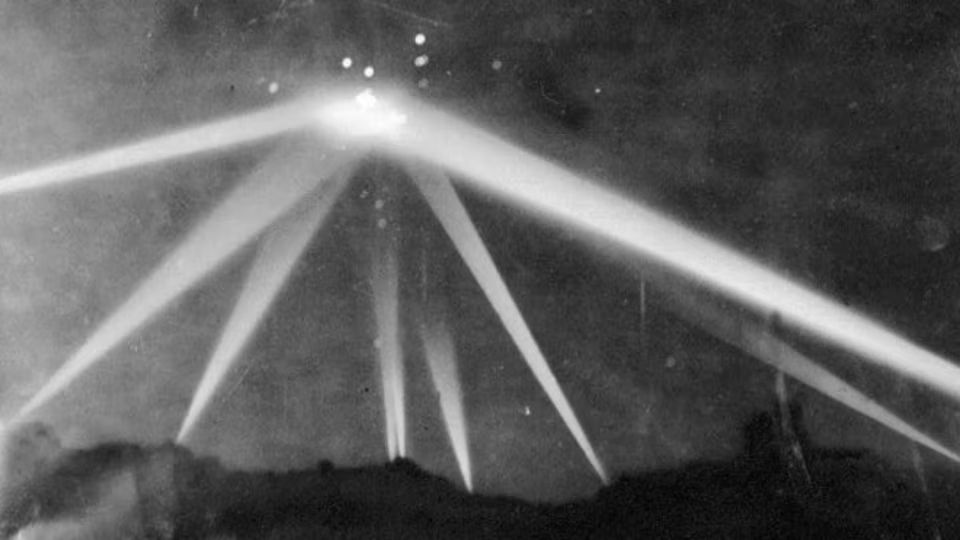FDR’S BIRTHDAY HELPED ERADICATE A VIRUS
COMMENT
SHARE

A typical birthday will have the guest of honor invite their friends, families, and various loved ones to celebrate. There are dinners, gifts are given, and good times are had all around. FDR’s birthday went a little differently. President Franklin D. Roosevelt would end up tragically contracting the polio virus for reasons that remain unclear. He would then found the National Foundation for Infantile Paralysis, now known as the March of Dimes, in 1938. His annual birthday balls would go on to raise money to help those suffering from polio, and today, the organization continues to help moms and infants facing unfortunate health conditions. Read next:3 Stories of Presidents Who Served in the Military
What’s FDR’s Birthday?
FDR’s birthday is on January 30, 1882. Born in Hyde Park, New York, he would go on to be one of the most influential Presidents in the history of the United States. A large part of his contributions are still seen today and have affected communities ranging from the military to those with illnesses and more. Specifically, when looking at Franklin D. Roosevelt’s birthday, he would use the occasion as a time to help others fighting the same battle he himself would end up facing. Beginning in 1934, the first Birthday Ball would be held, raising money to help those affected by polio and providing funding for research.
The Fight Against Polio
At the age of 39, while serving as the 32nd President of the United States, FDR would contract polio in 1921. This was at a time in which polio was far too common and there was no cure or treatment available. From this point forward, President Roosevelt had to use a wheelchair due to permanent paralysis in his legs. His experience with the disease would inspire him to take on advocacy and ultimately found the National Foundation for Infantile Paralysis in 1938. This is where FDR’s birthday comes into play. What would become known as the Birthday Ball was an annual gala used to raise awareness and funds for his organization. Their mission? To raise awareness and end polio. The wild poliovirus type 2 and wild poliovirus type 3 strains of polio have been eradicated as of 2020, according to the World Health Organization. Wild poliovirus type 1 is still out there, but only in Pakistan and Afghanistan. The funding provided by the National Foundation for Infantile Paralysis helped make this possible.
FDR Signs GI Bill
Looking back on the impact of FDR, you can pick and choose what he did and make a strong argument as to what was his greatest accomplishment. But for the military community, FDR’s GI Bill is tough to beat. Formally known as the Servicemen's Readjustment Act of 1944, it provided Veterans coming home after World War II with a wide variety of benefits. This includes education assistance, funding for housing, unemployment insurance, and help with employment. It was a measure to help prevent another economic issue as seen following World War I, but because of its effect and legacy, it continues to be considered one of the most important pieces of legislation in American history. The effects of the GI Bill are still felt today, and several amendments have occurred to help Veterans following other wars and conflicts. There is a direct link between the GI Bill and the trend of middle-class Americans purchasing homes, entering the corporate world, and receiving secondary education. Though indirect, FDR’s GI Bill would also go on to influence Americans outside of the military as a result. The fundamentals that the law provided would go on to create what is now known as the American Dream for modern American families.
The Legacy of FDR’s Birthday Marches On
FDR’s Birthday Ball is no more, but his organization lives on through the March of Dimes. The organization works to help moms and babies facing critical health issues through advocacy, support, programs, education, and research. Even as economic pressures make things more difficult, it’s also clear that his influence through the GI Bill continues to help military members access affordable housing and educational benefits. Overall, FDR’s birthday and his other efforts as President would go on to influence lives throughout the entire world. Suggested read:57 Fun Facts About Presidents That You Never Knew
Image: FDR Presidential Library and Museum
Join the Conversation
BY BUDDY BLOUIN
Buddy Blouin is a Contributing Writer at VeteranLife.com
Buddy Blouin is a Contributing Writer at VeteranLife.com



